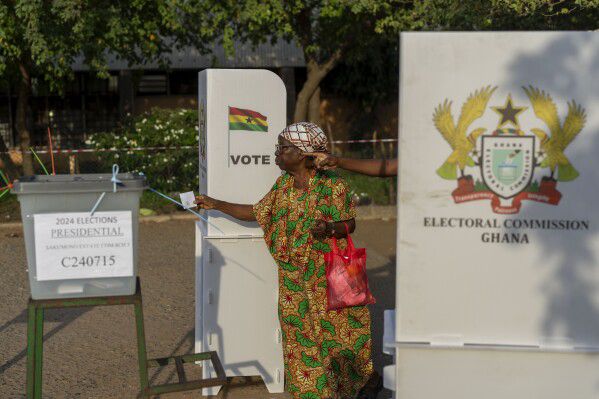The Action Peoples Party (APP) and its parliamentary candidate, David Ankomah, have initiated legal proceedings against the Electoral Commission (EC) of Ghana, seeking to halt the Akwatia by-election slated for September 2nd. The lawsuit, filed at the Accra High Court, centers around Mr. Ankomah’s disqualification from the electoral race, a decision the APP vehemently contests. The party asserts that Mr. Ankomah fulfilled all the necessary prerequisites, including the crucial tax clearance obligations, and was duly endorsed as their candidate. They allege that the EC’s decision to exclude him is not only wrongful but also driven by malice and fraud, effectively denying him his constitutional right to participate in the by-election. This legal challenge adds another layer of complexity to the already sensitive political landscape surrounding the Akwatia constituency.
The APP’s legal arguments revolve around the fundamental right of qualified citizens to contest elections. Their writ details the meticulous efforts Mr. Ankomah undertook to comply with all electoral requirements, including securing tax clearance. They maintain that the EC, despite acknowledging these efforts, proceeded with the disqualification, an act they consider arbitrary and unjust. The party insists that the EC’s actions are not merely an administrative oversight but a deliberate attempt to sabotage Mr. Ankomah’s candidacy. This claim of malice and fraud underscores the serious nature of the allegations leveled against the electoral body and raises questions about the integrity of the by-election process.
The APP’s plea to the court is multifaceted. Primarily, they seek an order compelling the EC to reinstate Mr. Ankomah’s name on the ballot paper, effectively reversing the disqualification. Furthermore, they request a perpetual injunction to prevent the EC from taking any further actions that might prejudice Mr. Ankomah’s candidacy or the interests of the APP. This includes any attempt to proceed with the by-election without his inclusion. The party emphasizes that they have exhausted all avenues for amicable resolution, including verbal protests to the EC, which have proven futile, leaving them with no recourse but to pursue legal action.
The Akwatia by-election, necessitated by the unfortunate demise of the incumbent NPP MP, Ernest Yaw Kumi, in July 2025, has been fraught with controversy. Mr. Kumi’s death, occurring only months after his election, created a power vacuum in the constituency, prompting the need for the by-election. The APP’s legal challenge further complicates this already sensitive political situation, potentially delaying the electoral process and adding to the existing tensions within the constituency. The court’s decision will have significant ramifications not only for the immediate by-election but also for the broader electoral landscape in Ghana.
The court’s ruling in this case will be closely watched, as it has the potential to set a precedent regarding the EC’s authority and the rights of political parties and candidates. A ruling in favor of the APP could force the EC to revisit its decision-making process and potentially lead to greater scrutiny of candidate disqualifications. Conversely, a ruling against the APP could empower the EC and potentially embolden similar actions in future elections. The outcome will undoubtedly shape the political discourse and influence the strategies of political parties as they navigate the electoral terrain.
Beyond the immediate implications for the Akwatia by-election, this case highlights broader concerns about the transparency and fairness of the electoral process. The allegations of malice and fraud against the EC raise questions about the integrity of the institution and its ability to oversee free and fair elections. The court’s decision will have a crucial role in addressing these concerns and reinforcing public confidence in the electoral system. The outcome of this legal battle will not only determine the fate of Mr. Ankomah’s candidacy but also send a strong message about accountability and the rule of law within Ghana’s democratic framework.


